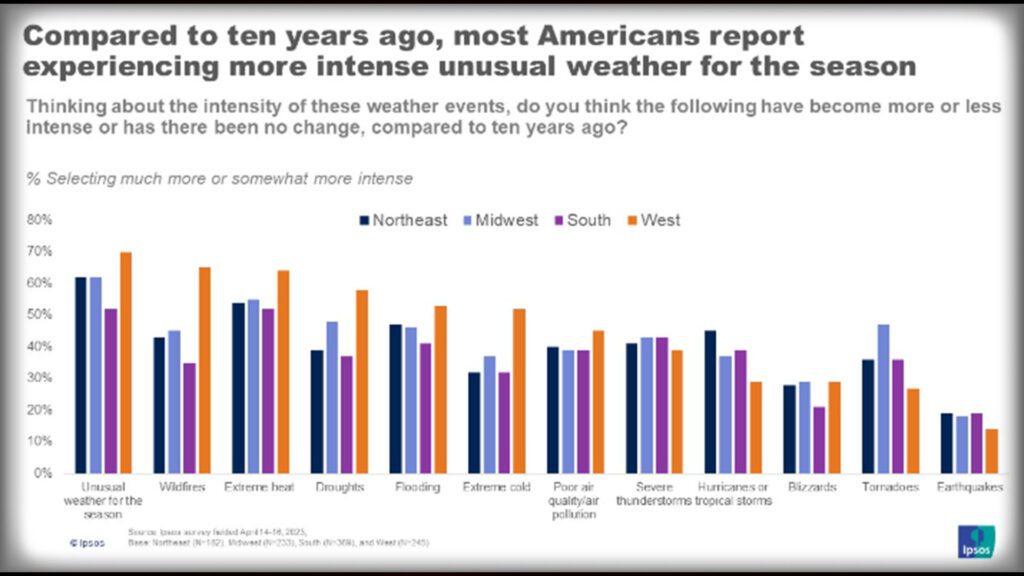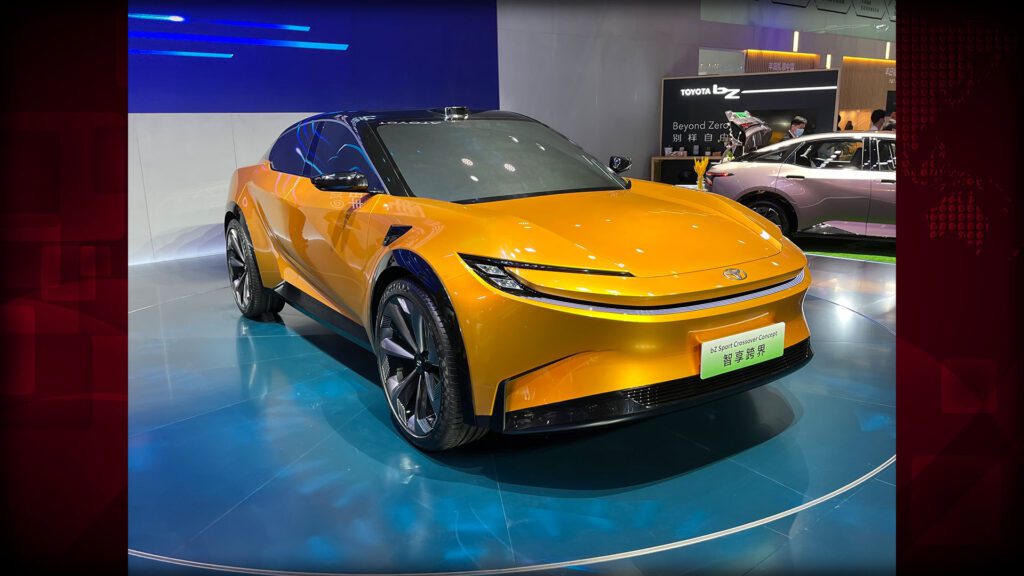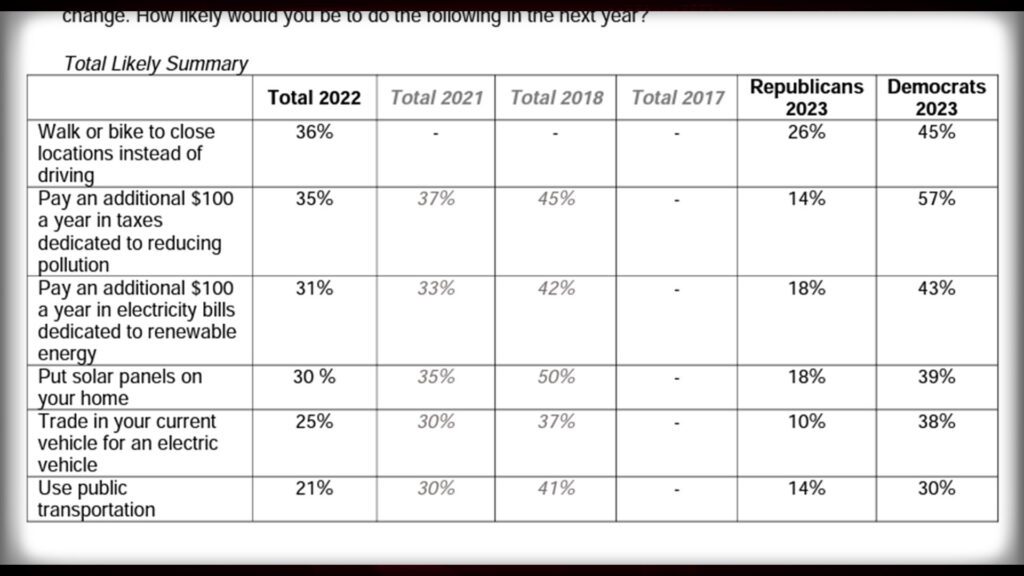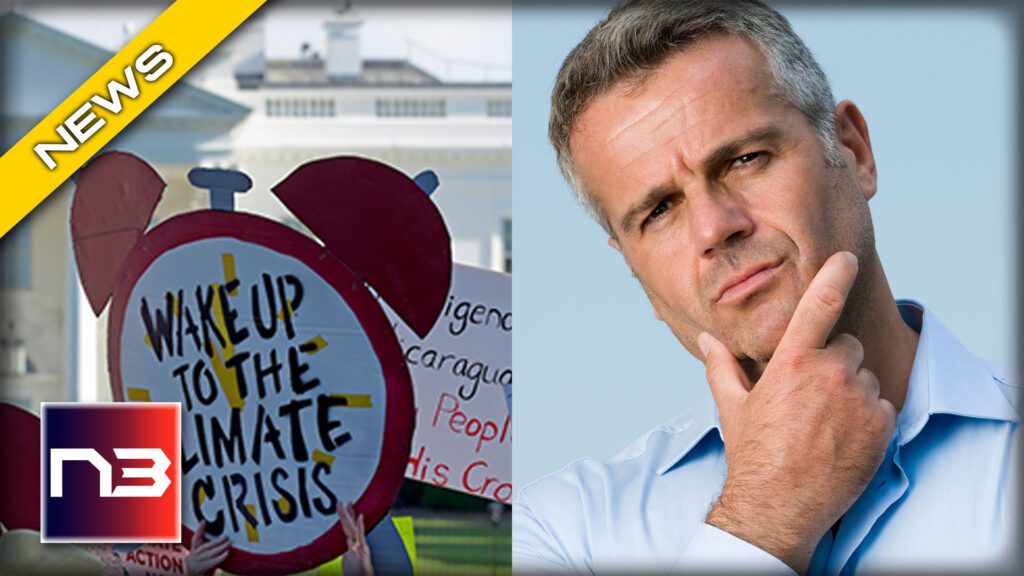Are humans truly responsible for climate change? The results of a recent poll reveal an ongoing divide that challenges the consensus. Join us as we dig deeper into the numbers and unravel the complex dynamics behind Americans’ beliefs. Brace yourself for an eye-opening journey that exposes the hidden factors influencing public opinion on this critical issue.
In a nation divided, climate change remains a contentious and polarizing topic, as highlighted by the revealing Ipsos poll. The stark differences in beliefs between Democrats and Republicans underscore the contrasting viewpoints on the causes and solutions of climate change.


While a majority of Democrats, standing at 62%, assert that humans play a dominant role in climate change, Republicans lean towards attributing it to natural patterns, with 46% expressing this viewpoint. Only a mere 13% of Democrats agree with the Republican perspective, emphasizing the deep divide on the fundamental understanding of the issue.


However, the poll results also shed light on a truth. Among those who acknowledge human influence on climate change, a solid 62% admit their unwillingness to make personal changes to mitigate their individual impacts. This contradiction raises valid concerns for the Democrats about the effectiveness of public awareness campaigns and the urgency required to address this global crisis, as well as the general unwillingness of over half of Amricans to buy into this agenda.
The political divide becomes even more pronounced when examining the willingness to adopt the supposed actionable steps towards combating climate change. Democrats exhibit a greater inclination towards embracing alternative modes of transportation, with 30% planning to use public transportation within the next year. Additionally, a staggering 38% of Democrats express a willingness to trade in their cars for electric vehicles, showcasing their commitment to reducing carbon emissions.


In stark contrast, Republicans show considerably lower levels of commitment to these sustainable transportation options. Only 14% of Republicans plan to use public transportation, and a mere 10% express an openness to switching to electric vehicles. Furthermore, the gap between the two parties extends to attitudes towards active modes of transportation, with 45% of Democrats being open to walking or biking to nearby locations, compared to only 26% of Republicans sharing the same sentiment.
Examining the sources of greenhouse gas emissions further highlights the complexities of addressing climate change. The Environmental Protection Agency reports that residential causes contribute to 6% of U.S. emissions, while transportation is responsible for 29%. Electricity and industry contribute 25% and 23% respectively. Agriculture and commercial activities generate 10% and 7% of emissions.
Amid the ongoing climate change debate, acknowledging skepticism is crucial. As policies and personal freedoms are scrutinized, maintaining a critical perspective becomes imperative. Let’s analyze scientific claims, evaluate costs and benefits, and ensure climate change decisions prioritize truth, transparency, and the welfare of everyone.
Let’s continue this conversation, in the comments below.



